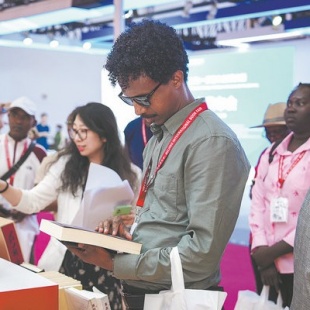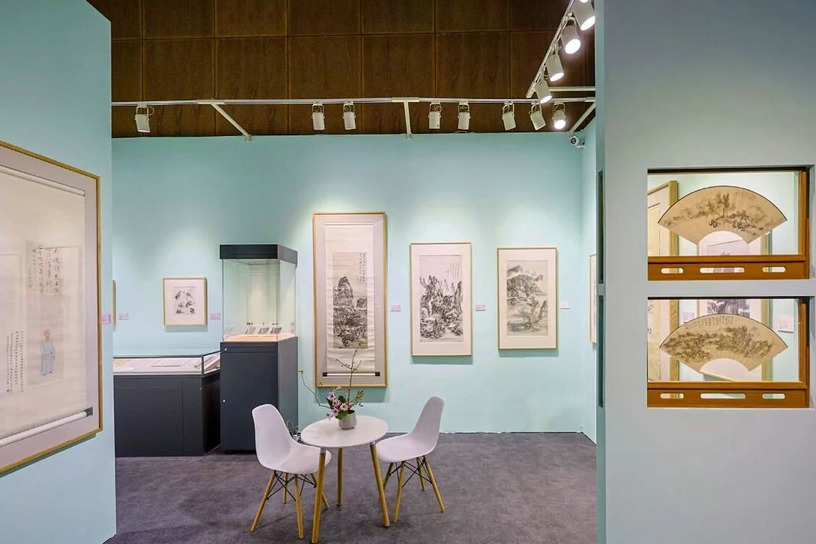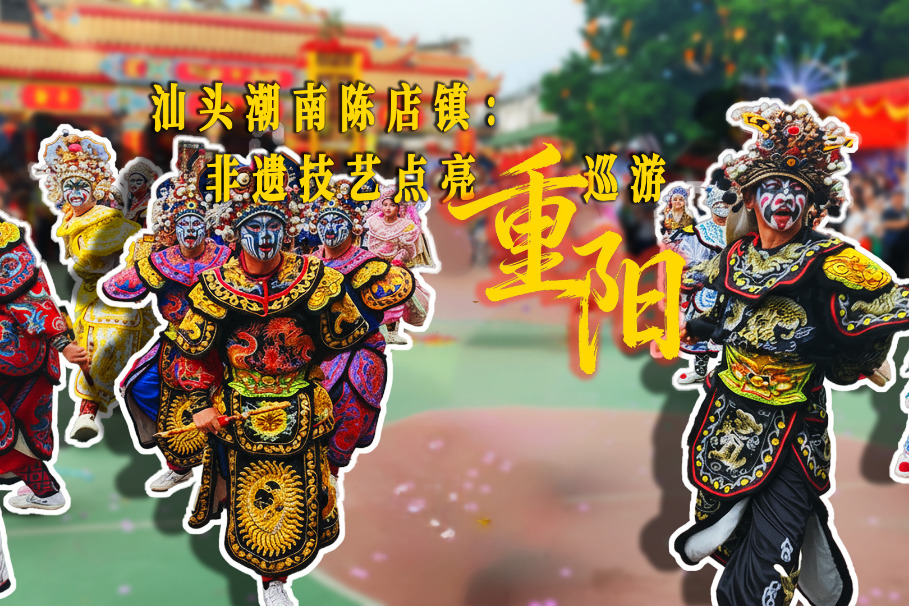Literary event writes new story
Beijing International Book Fair sees record-breaking deals and strong global demand for Chinese titles, Yang Yang reports.

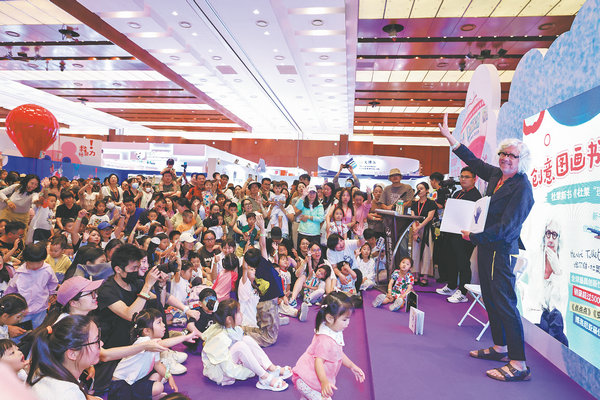
Karine Pansa, president of the International Publishers Association, said that technological innovation is a key driving force for the development of the publishing industry, and from digital publishing to AI applications, technology is reshaping the industry's ecosystem.
At the China Writers Pavilion, a digital Chinese Literary Map connects 1,148 literary landmarks across time and space, allowing visitors to explore ancient and modern Chinese literature on a single screen.
For example, visitors can use the map to find information about literary works related to West Lake in Hangzhou, Zhejiang province — a destination that has inspired the most literature — or discover which specific spots writers frequented when they visited the lake.
Building a big data center for Chinese literature in the new era will enhance the inheritance, research, education, and dissemination capabilities of Chinese literature, said Ye Tong, Party secretary of the Zhejiang Writers Association.
The "One Book, One Model" interactive reading experience by Digital Communication Group attracted many visitors to try it out. By scanning a QR code to enter the model, AI "deconstructs" a book to generate mind maps, podcasts, and more.
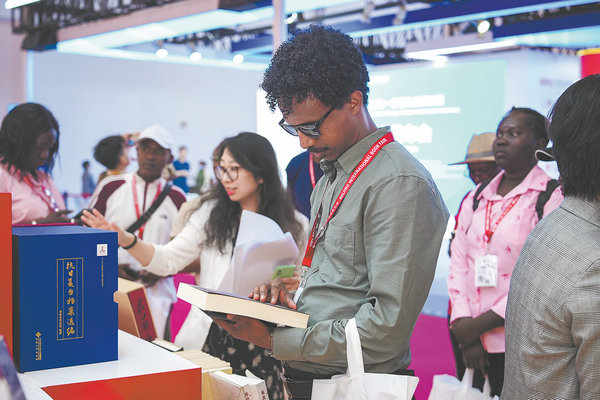
"Readers can ask it questions anytime they encounter something unclear while reading, and it provides precise answers based on the book's content," explained Lin Chuizhen, the project leader.
He said that the model conducts an in-depth analysis of the book's text and constructs a specialized knowledge base, thereby avoiding problems such as imprecise answers or overly broad search scopes that are typical in general large language models.
In recent years, as the overseas influence of Chinese online literature has been growing, numerous popular books, short videos, and cultural and creative merchandise have become new windows for foreign readers to understand Chinese culture. For the first time, the BIBF set up an exhibition for Chinese online literature.
Wang Chen, deputy Party secretary of China Literature Ltd, said: "We have launched approximately 6,800 Chinese web novels, 1,700 comics, and 12 animations overseas. We have also seen 460,000 local overseas writers create around 700,000 original works on our overseas platform."


